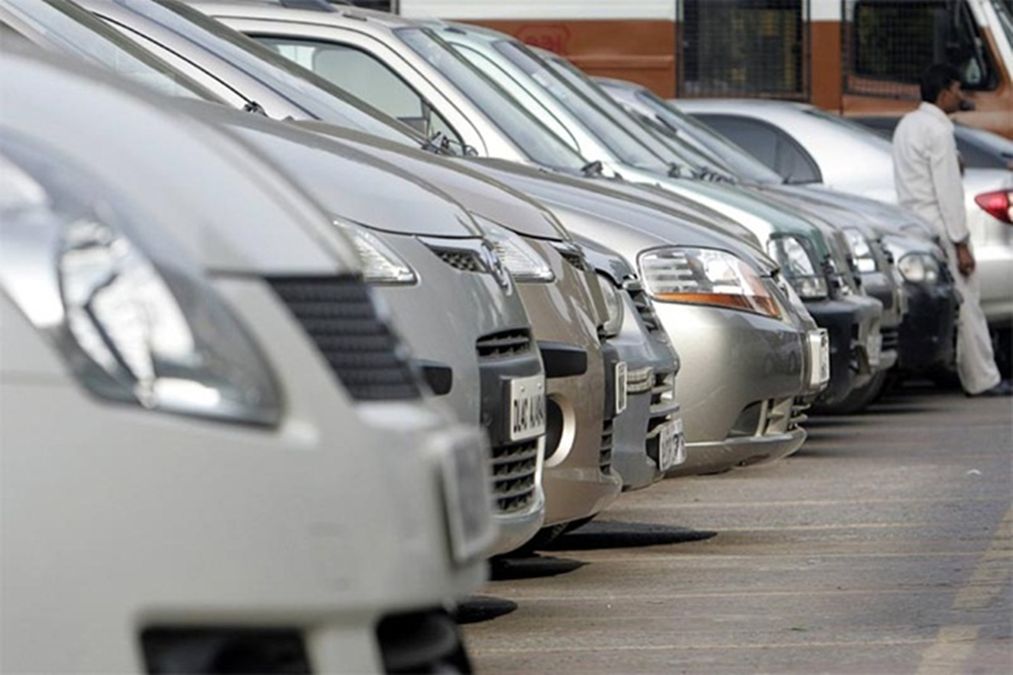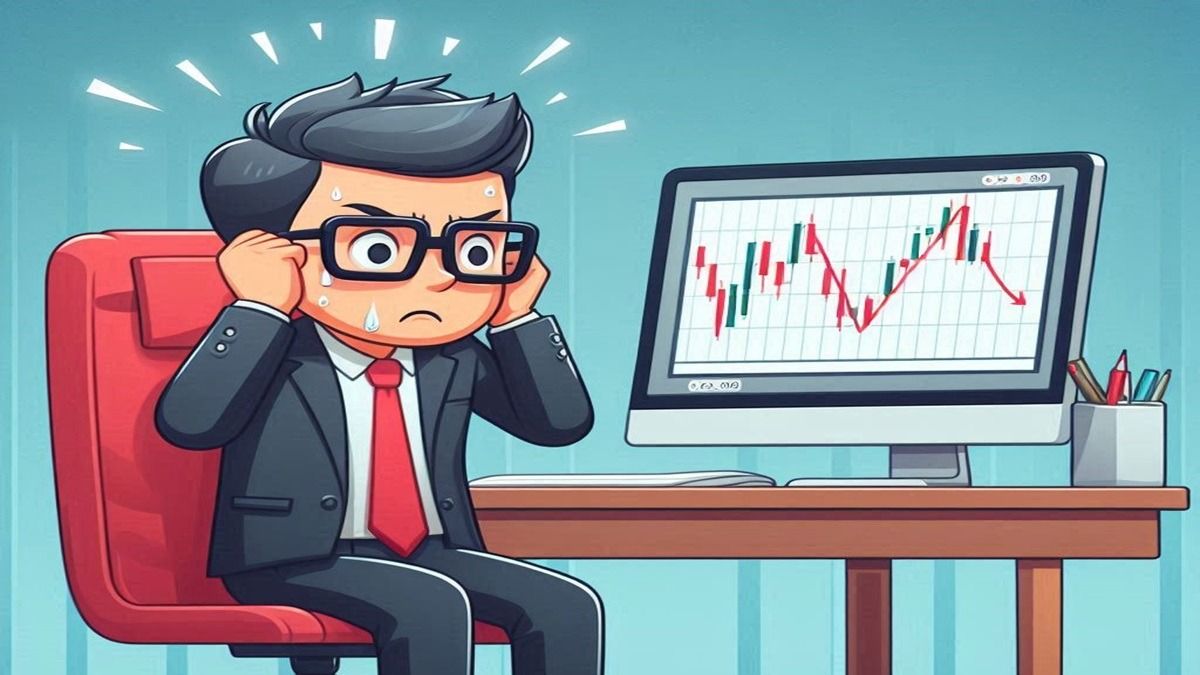Impact of GST Hike on Used Cars:The GST Council has recently decided to increase the Goods and Services Tax (GST) rate applicable on the sale of used cars from 12% to 18%. This rule will especially apply to big petrol and diesel cars and all electric vehicles (EVs). Come, let us know the effect of this new rule, its conditions and important things related to it. This decision will not only affect car buyers, but old car dealers and other businesses will also not remain untouched by it.
Also read: Long Term Return: Money doubled on SIP in 5 years and tripled on lump sum, this scheme of HDFC MF increased wealth 5 times in 12 years
18% GSTWhich old vehicles will it be fitted on?
Under the new rule, 18% GST on the sale of used cars will be applicable only if:
-
Petrol vehicle’s engine capacity should be 1200 cc or more and length should be 4000 mm or more.
-
The engine capacity of the diesel vehicle should be 1500 cc or more and the length should be 4000 mm or more.
-
The new rate will be applicable on all electric vehicles (EVs).
On those small cars, whose engine capacity is 1200 cc and length is less than 4000 mm, the GST rate of 12% will remain applicable as before.
Also read: Super Return on SIP: Got 42 lakhs from SIP of Rs 10 thousand, this scheme of HDFC MF did wonders in 10 years
How will GST be calculated?
GST will be calculated based on the registration status of the seller selling the car and the vehicle being sold. If the vehicle seller is registered for GST, then GST will be calculated on the basis of “margin value” i.e. the difference between the purchase and selling price. But if the seller is not GST registered, then GST will not be applicable. If the car seller is selling the car at a loss, then no GST will have to be paid.
Also read: Double Return SIP: Power of SIP investment in top 5 ELSS, money doubled in 5 years, tax saved on top
Impact on car dealers and business
The new GST rule will not apply to those companies involved in selling old vehicles, which work on the marketplace model like Droom. Because they only work to connect the seller and the buyer. But companies like Cars24 and Spinny, which work on the inventory based model of buying and selling old vehicles, will have to pay GST as per the new rules. Car sellers will be allowed to calculate GST on the basis of margin value only if they have not claimed Input Tax Credit (ITC) on the purchase of the vehicle.
Also read: Income Tax: Want to seek relief from the government in tax disputes or outstanding income tax? Please complete this work by 31st December
What will happen if you claim depreciation?
If a business claims depreciation under the Income Tax Act on the vehicle purchased, GST will be applicable on “sale value – depreciated value”. For example, if the purchase price of the vehicle is Rs 10 lakh and the annual depreciation is 10%, then its value next year will be Rs 9 lakh. Whereas if depreciation has not been claimed, then the calculation of GST will be applicable on “Sale Price – Purchase Price”.
Also read: Best Multi Asset Funds: Top 7 Multi Asset Funds gave returns up to 31% this year, how has been the performance in 5 and 10 years?
What will be the direct impact on consumers?
Due to the new rules, consumers buying used cars from registered dealers will have to pay 6% more GST. Because where earlier 12% GST had to be paid, now 18% will have to be paid. If GST is being applied on the “margin”, the consumer will have to pay less GST. If GST is applicable on “sale value”, the consumer will have to pay more GST. For example, if the selling price of a vehicle is Rs 10 lakh and the margin is Rs 2 lakh, then:
If GST is calculated on the basis of margin: 2 lakh × 18% = Rs 36,000 will have to be paid.
If GST is calculated on the basis of sale value, you may have to pay Rs 10 lakh × 18% = Rs 1.8 lakh.
The burden will increase on those buying big vehicles
The main impact of the GST increase will be on big vehicles and those businesses which claim Input Tax Credit (ITC) on the purchase of vehicles. For consumers, this rule will depend on the source of their purchase i.e. registered or unregistered seller and the type of car. It is a matter of relief that the rate of 12% still continues on small cars. But 18% GST for big cars and electric vehicles will increase the burden on consumers’ pockets.








